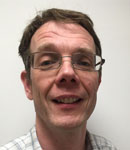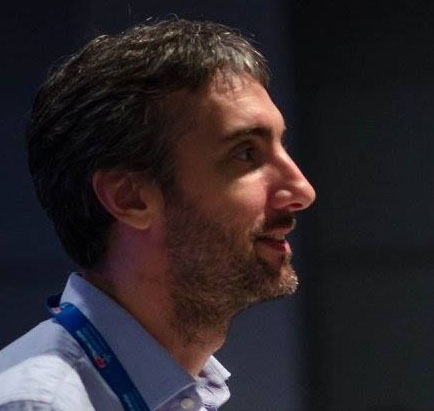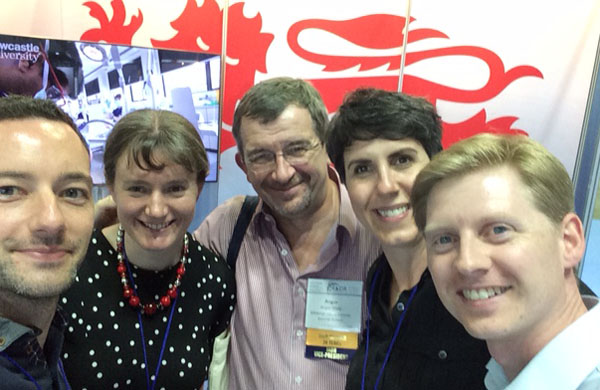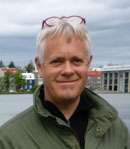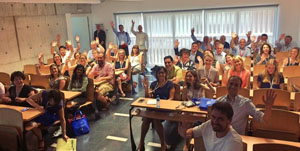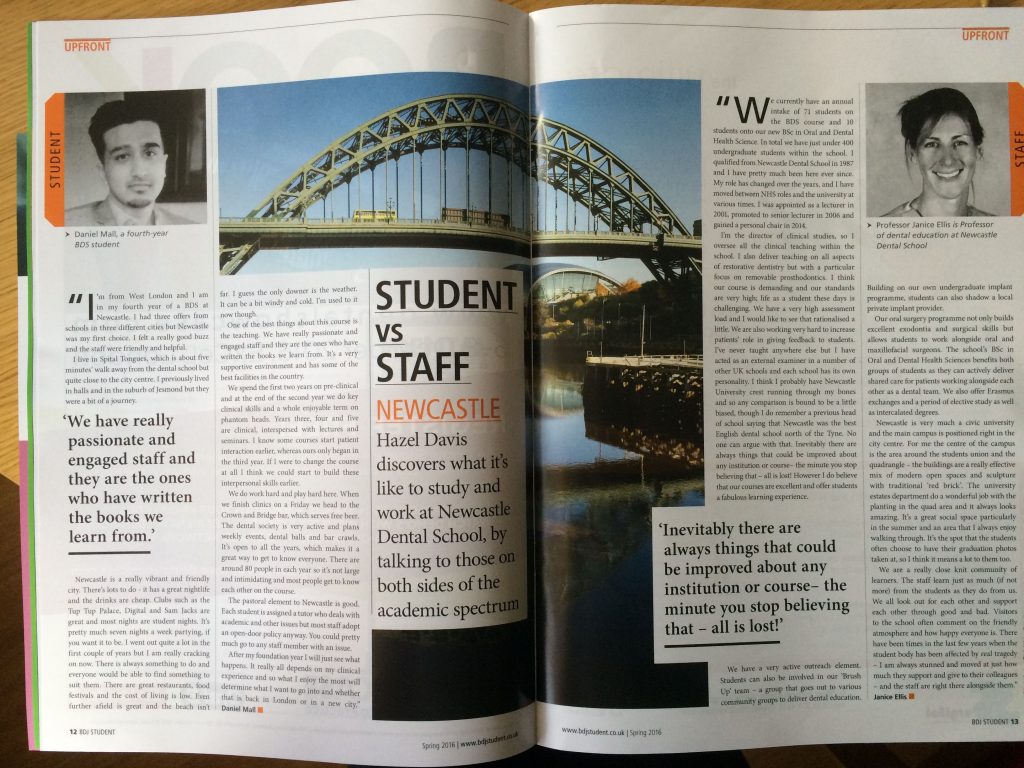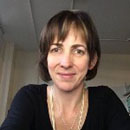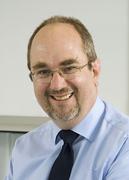 I am not infrequently asked for thoughts or advice on which higher education research journals might be considered suitable for publication of the results of learning and teaching studies. Often I struggle to give what I consider a satisfactory answer and a recent article published by Professor Malcolm Tight from Lancaster (Tight, M. 2017. Higher education journals: their characteristics and contribution. Higher Education Research and Development doi.org/10.1080/07294360.2017.1389858) gives a clue to why sometimes this question poses a dilemma.
I am not infrequently asked for thoughts or advice on which higher education research journals might be considered suitable for publication of the results of learning and teaching studies. Often I struggle to give what I consider a satisfactory answer and a recent article published by Professor Malcolm Tight from Lancaster (Tight, M. 2017. Higher education journals: their characteristics and contribution. Higher Education Research and Development doi.org/10.1080/07294360.2017.1389858) gives a clue to why sometimes this question poses a dilemma.
In an analysis of higher education journals Professor Tight documents what has been an explosion in higher education research since 2000 with new journals appearing at a rapid rate. The situation is not stable, however, for not only are new journals continuing to appear but other journals are disappearing, merging or changing their focus. This does make it potentially difficult to select a suitable journal for the publication of a particular piece of work. As Professor Tight identifies while there are a number of avenues for publishing one’s work such as conference papers, reports monographs or books the peer-reviewed article still enjoys a level of respect and a greater status than many sources. This is not to overlook books some of which have had profound impact upon education but journal articles still rank very highly.
Professor Tight categorizes refereed journals either wholly or regularly publish higher education research into three types. There are the generic journals such as Studies in Higher Education or Higher Education Research and Development, topic-specific journals focussing on one particular aspect of practice such as assessment or policy and then the discipline-specific journals publishing work in one or a group of disciplines, Medical Education would be one such journal. In total there are a large number of journals, depending upon who is counting somewhere between 80 and 140 and this is likely to be an underestimate. In his paper Professor Tight lists 86 Journals though, by his own admission, this is almost certainly not comprehensive. In an effort to help us all navigate through this complexity the paper then goes on to characterise the journals in various ways ending in an attempt to help us navigate this maze by listing a number of what might be considered key journals. The paper uses a ranking system based on citations but not the one most of us might be familiar with, with ISI impact factor, but instead the Scimago Journal rank Indicator (www.scimagojr.com/journalrank.php) selected because it compares a broader journal range.
The Table in the paper listing those 28 journals is reproduced below, 10 are generic journals, 14 and topic-specific while only 4 are discipline-specific. The majority are internationally-focussed. Some most of us might recognise but others will be less well-known. Though the paper dos not state this specifically the message is surely clear. If you want to publish your work in one of the more highly-ranked higher education journals then ideally it should have characterisable in one or more of the following ways by being multi-disciplinary, cross-institution, with an international focus and perhaps topic-based. This is not to say that other work with a narrower focus is not valuable for of course it is but that some journals looks for more. The paper ends on something of a cautionary note. With such a volume of output annually we already know a lot about about ‘what works’ in HE so perhaps the most urgent need is for meta-analyses and systematic reviews of the existing literature as much as new research.
Table 1 (reproduced from Tight, 2017)
| Academic Medicine | 1707 | 2.202 | 1926 | USA |
| Accounting Education | 656 | 0.655 | 1992 | International |
| Active Learning in Higher Education | 260 | 1.099 | 2000 | International |
| Advances in Health Sciences Education | 1136 | 1.397 | 1996 | Canada/International |
| Assessment and Evaluation in Higher Education | 1285 | 0.972 | 1975 | International |
| Community College Review | 341 | 0.799 | 1973 | USA |
| Higher Education | 1646 | 1.717 | 1972 | International |
| Higher Education Policy | 554 | 0.681 | 1988 | International |
| Higher Education Quarterly | 448 | 1.081 | 1947 | International |
| Higher Education Research & Development | 1323 | 0.936 | 1982 | International |
| International Journal of Doctoral Studies | 486 | 0.584 | 2006 | International |
| International Journal of Sustainability in Higher Education | 894 | 0.616 | 2000 | International |
| Internet and Higher Education | 396 | 3.561 | 1998 | USA/international |
| Journal of College Student Development | 1066 | 0.615 | 1959 | USA/international |
| Journal of English for Academic Purposes | 568 | 1.164 | 2002 | International |
| Journal of Higher Education | 928 | 1.189 | 1930 | USA |
| Journal of Higher Education Policy and Management | 689 | 0.525 | 1979 | International |
| Journal of Hispanic Higher Education | 385 | 0.610 | 2002 | USA |
| Journal of Studies in International Education | 487 | 1.564 | 1997 | International |
| Medical Education | 1283 | 1.550 | 1966 | International |
| Minerva | 490 | 0.658 | 1962 | International |
| Quality in Higher Education | 276 | 0.652 | 1995 | International |
| Research Evaluation | 495 | 0.919 | 1991 | International |
| Research in Higher Education | 1030 | 1.724 | 1973 | USA/international |
| Review of Higher Education | 504 | 1.703 | 1977 | USA |
| Studies in Higher Education | 2286 | 1.160 | 1976 | International |
| Teaching in Higher Education | 1021 | 0.802 | 1996 | International |
| Tertiary Education and Management | 389 | 0.918 | 1995 | International |
Notes:
Pages – number of printed pages published in 2016;
Ranking – SCImago Journal Rank Indicator 2015;
Orientation –Whether the editorial board international, wholly drawn from one country or split between one country and an international composition

